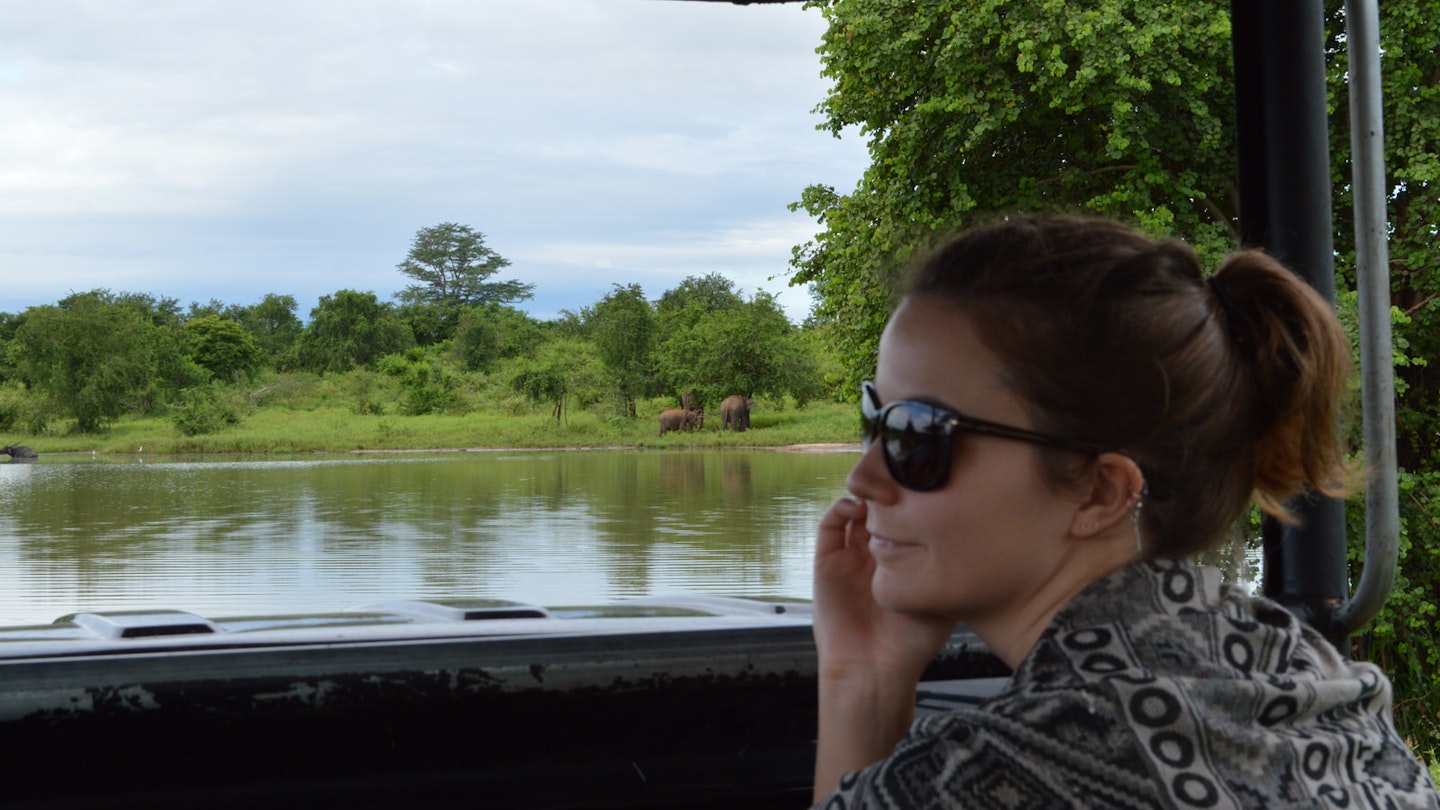Whether it’s the novelty of new experiences, overcoming challenges on the road, or connecting with people from different cultures, travel has the power to uplift us. Experiencing the world from a new perspective is known to boost emotional well-being and is often touted as a remedy for heartbreak and depression. But what about grief?
A ‘griefcation’ won’t cure the pain you feel after the death of a loved one, but meaningful travels might help you cope. Having lost my dad at 17, travel has helped me cope in myriad ways; here are just a few of them.
Travel Gives Me a Sense of Purpose
When the future you thought you’d have is snatched away, it’s natural to feel lost. Indeed, there is no map in the world that will get you back to where you want to be. Eventually, a sense of normality resumes – the world keeps turning, despite everything – but grief doesn’t just disappear. It’s a lifelong journey full of ups, downs, emotional dead ends, and long, lonely roads; sometimes you feel like you’re getting somewhere, only to end up back where you started.
After spending a while drifting on autopilot, I decided to listen to my inner GPS. I needed something to aim for to shake off my sorrow. Working on a barn restoration project in rural Provence kept my body busy and my mind distracted; solo travel across multiple continents saw my self-worth soar; and my continuing pursuit of the world’s most breathtaking landscapes reminds me that life, however painful it can be, is undeniably beautiful.
Travel Keeps My Worries and Fears in Check
I was a terrible worrier as a child. Following the loss of a close family friend, it got worse, leading to missed many opportunities. However, after my dad’s fatal car accident, my nerves were frayed for good. I became forever on high alert, especially regarding transportation, which makes travel interesting…
So what should I do with a new, irrational fear of death? I decided to confront it head-on through turbulent flights, cliff-top bus journeys, and perilous boat rides. It may seem counterintuitive, but the more I expose myself to situations I fear, the better I become at handling the heart-pounding, mind-racing ‘what-ifs’ that threaten to overshadow my otherwise positive outlook.
On a brighter note, missed trains and lost passports no longer bother me; trivial concerns simply aren’t worth stressing over anymore.
Travel Strengthens My Support Network
Relaxation, good food, and amazing views – key components of any holiday – can do wonders for the bereaved. Time away from familiar haunts and everyday routines creates space for processing buried feelings and focusing on healing, either consciously or subconsciously.
Over the years, I’ve found trips with close friends and family to be particularly fortifying. Tipsy heart-to-hearts, shared moments, and perfectly timed hand squeezes during inevitable ‘I wish he was here’ moments can be cathartic and deepen bonds. Making new, joyful memories with loved ones is essential to moving on, so why not create them in Paris, Perth, or Peru?
Travel Can Be a Fitting Tribute
The anniversary of my dad’s accident brings poignant memories and reminds me of how long it has been since he made me laugh. In 2015, with the 10th anniversary approaching, I decided to do something to honor him. He’d always had a fascination with mountains, so I briefly considered trekking to Everest Base Camp before regaining my senses (sort of) and choosing the Three Peaks Challenge. This challenge aims to summit the highest mountains in Scotland, England, and Wales within 24 hours.
Raising money for charity in my dad’s name and preparing for the challenge provided a compelling distraction during a difficult time. I felt fitter and more focused than I had in years. While the challenge itself was exhausting (almost getting lost on Scafell Pike in pelting rain was particularly tough), reaching the summit of Mount Snowdon on that gloomy dawn brought immense pride. I knew my dad would be proud of me too.
Travel Eases Existential Woes
Experiencing trauma can lead to feelings of disconnection from the world. Questions may arise such as, “Why me? Why now? What’s the point of it all?”
While I don’t have definitive answers to these questions, I eventually realized there was a more pressing one to ask myself: how will you make the most of your time on Earth?
You can’t live every day as if it’s your last – if I did, I’d likely be broke, exhausted, and probably in prison. However, you can strive to do what makes you truly happy as often as possible. For me, that means embracing the unpredictable: traversing unfamiliar landscapes, trying diverse cuisines, and putting trust in strangers. This includes skydiving in Hawaii, snorkeling in Fiji, and camping under the stars in Australia; getting lost on mountains and going backpacking with my mum. Ultimately, it means seizing the day – because life is short and there’s so much more to experience.




